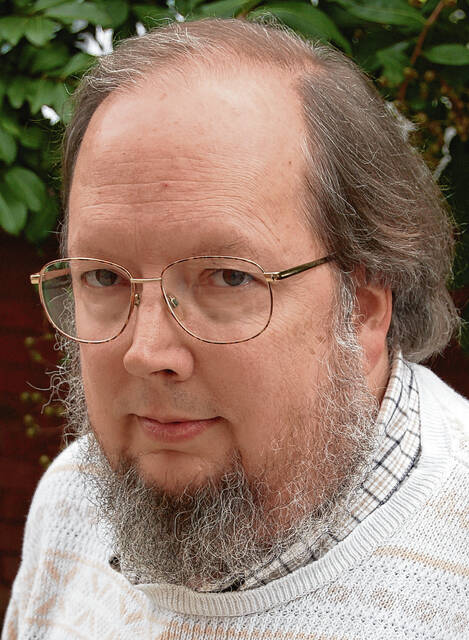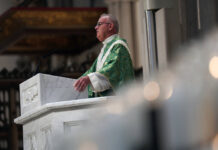Once upon a time, Southern Baptists in Bible Belt communities knew how to talk to people who didn’t go to church.
“We were dealing with people who were, for the most part, like us,” said Baptist historian Nathan Finn, the provost of North Greenville University, located in the South Carolina hills near the North Carolina border. “Everyone understood sweet tea, fried chicken and SEC football. It was easier to talk to those people about Jesus.”
Things changed, as the greater Greenville-Spartanburg area welcomed waves of high-tech firms and industries with global brands such as BMW, Bosch, Fluor, Hitachi and many others. Today’s newcomers speak German or Japanese.
“It’s not Black folks and white folks from the South,” said Finn. “We’re past that. The Sunbelt has gone global and we’re more urban. We don’t know how to talk to the new people. The cultural gaps are bigger. … Southern Baptists are better at handling these kinds of issues in foreign missions than in our own communities.”
Finn has been studying this trend and others for years, which led him to write a series of articles in 2009 for the Southeastern Baptist Theological Seminary entitled “Fifteen Factors that have Changed the SBC since 1979.”
Anyone who knows Southern Baptist Convention history gets that 1979 reference. That was when activists backing “biblical inerrancy” attacked establishment leaders of America’s largest Protestant flock, while also supporting causes favored by the surging Religious Right. Electing one SBC president after another during the 1980s, this “conservative resurgence” helped change the face of evangelicalism.
There are signs a second Baptist civil war may be ahead. A key moment came on March 1, when SBC President Ed Litton of Alabama said he would not — as has become the norm — seek a second term. Last June, he narrowly defeated a pastor from the Conservative Baptist Network, a new coalition that insists SBC leaders have become “too woke” on critical race theory, the role of women, COVID-19 policies and other fault lines in American life.
Finn is convinced that Southern Baptists are, this time around, fighting over how to respond to rapid cultural changes, as opposed to the theological disputes of the past.
“Is this ‘liberals’ vs. ‘conservatives’ 2.0? I think that dog doesn’t hunt,” he said, reached by telephone. “We’re not even in shouting distance of the biblical issues that were at stake in 1979. … I think what we’re facing is a microcosm of the divisions we see in America, in general.”
At the same time, Finn said some themes from his old “15 Factors” essays remain relevant. For example, back in 1979, most SBC churches remained united by a kind of “brand loyalty” when it came to handling worship, youth work, education, publishing and evangelism. This produced what some called an “SBC ethnicity.”
Today, these ties have weakened as more Americans, including Southern Baptists, flock into independent, nondenominational megachurches and parachurch ministries that blur the lines between Baptists, Presbyterians, Pentecostal-charismatics and others.
“Many of these churches are post-Baptist,” noted Finn. “If you visit them, you’ll find that their leaders are graduates of SBC schools, but they have moved on to do their own thing.”
Then there was this passage from 2009: “Sociologists and historians note that over the course of the 20th century, the South slowly became part of America again. … It took the Civil Rights era to complete the process,” Finn wrote. “White southerners either voluntarily changed their mind about race relations, were shamed into changing their mind or at least begrudgingly submitted to the new status quo. … The South became the Sunbelt and Southerners became Americans — in many cases, the most patriotic of Americans.”
Today, many growing SBC churches are Black, Latino, Asian or multicultural, with leaders that are conservative theologically, but have different approaches when addressing hot-button issues — such as institutionalized racism — in a tense America.
In another change from 1979, these crucial debates take place on Twitter and Facebook and in other Balkanized digital forums in which success is judged by the clicks of true believers.
“These days, we don’t talk to Southern Baptists with other points of view until we get to the national convention, and then we discover how divided we are,” said Finn. “Cable news channels and concrete information silos on the internet are totally a part of all that.”





